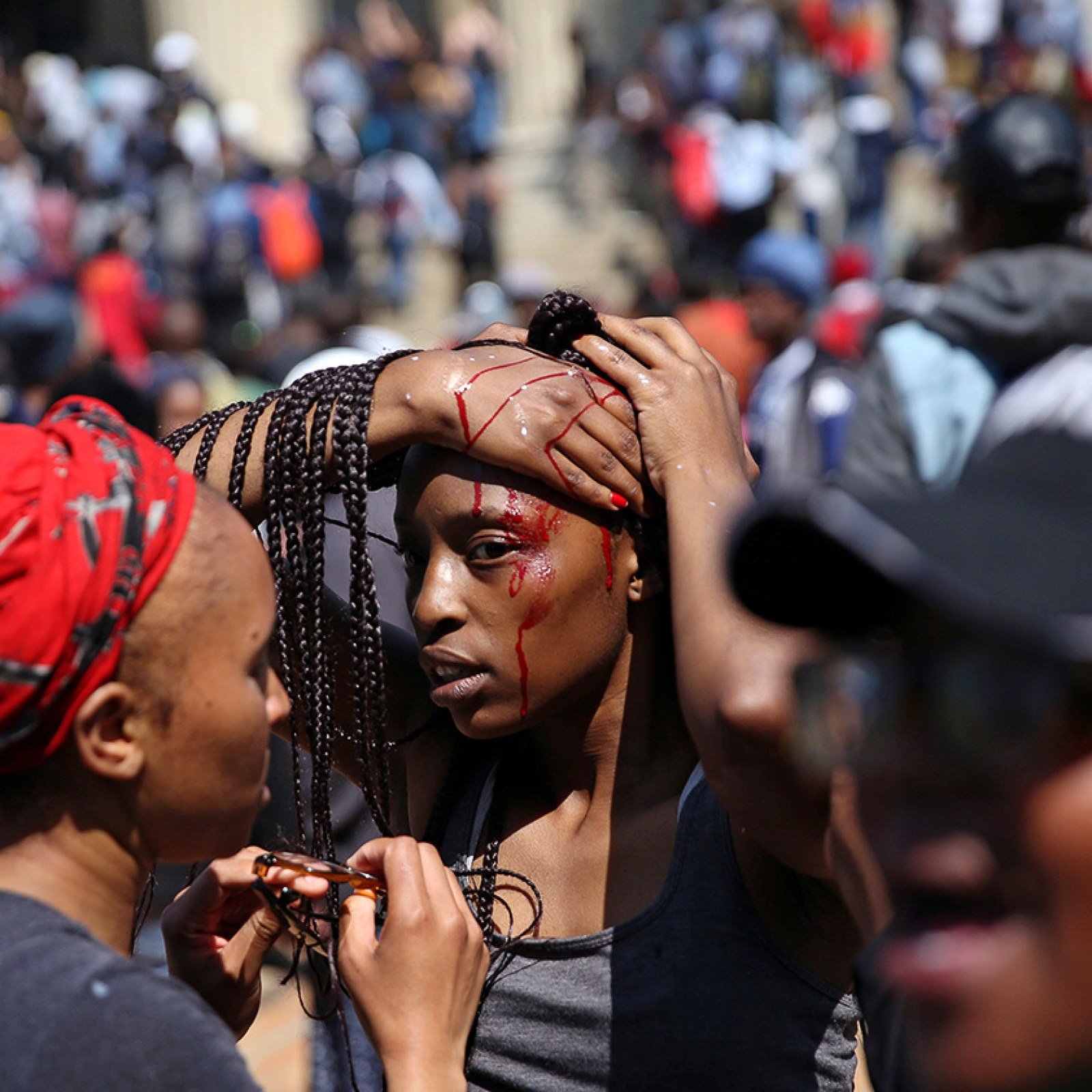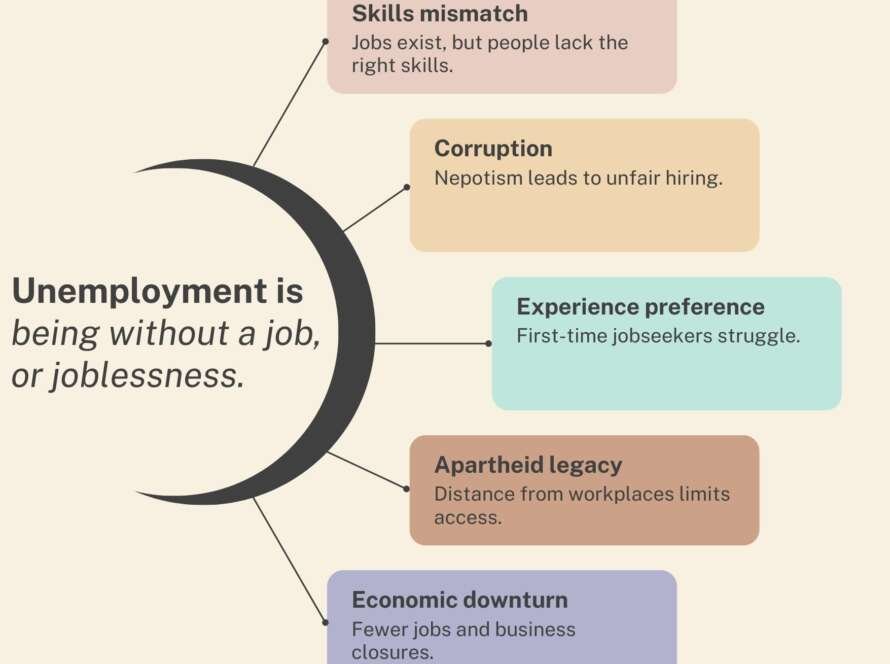The #FeesMustFall campaign, which began in South Africa in 2015, represented a significant protest movement led by students. They were advocating for the decolonization of education, free education for all, and an end to outsourcing on university campuses. However, there were instances during the protests where the human rights of students were violated. It’s important to note that not all protests were violent, and many students engaged peacefully.
Examples of How Student’s Human Rights were Violated during the #FeesMustFall Campaign
Here are a few examples of human rights violations that occurred during this campaign:
- Excessive Use of Force: There were numerous incidents where law enforcement officers used excessive force against protesting students. This included the use of rubber bullets, tear gas, stun grenades, and in some cases, physical violence. These actions violated the students’ rights to peaceful assembly and protest, as enshrined in the Universal Declaration of Human Rights (Article 20) and the Constitution of South Africa (Section 17).
- Arrests and Detentions: Many students were arrested and detained during the protests. In some cases, these arrests were arbitrary and without proper due process, violating the rights to a fair trial and legal representation.
- Surveillance and Intimidation: There were reports of universities employing private security firms to monitor and intimidate students on campus. This action threatened the students’ right to privacy, freedom of speech, and expression.
- Disruption of Education: The protests resulted in many universities temporarily shutting down, disrupting the education of students. This can be seen as a violation of the right to education, as recognized in the International Covenant on Economic, Social and Cultural Rights.
- Sexual Harassment and Assault: There were also instances of sexual harassment and assault reported during the protests. These cases violated the students’ rights to safety, dignity, and freedom from cruel, inhuman, or degrading treatment.
- Discrimination: There were instances of racial and ethnic discrimination during the protests. This contradicts the human right to freedom from discrimination based on race, color, sex, language, religion, political or other opinions, national or social origin, property, birth, or other statuses.
- Violations of Freedom of Expression: Universities and other authorities attempted to silence student protestors by means of suspensions, expulsions, and disciplinary actions, violating their freedom of expression and association.
It is critical that both the rights of protestors to peacefully protest and the rights of those affected by the protests are protected. States, institutions, and other parties involved should always strive to respect, protect, and fulfill human rights in all circumstances.




